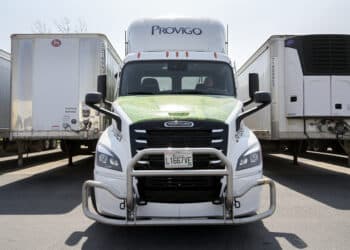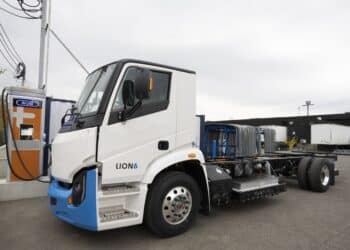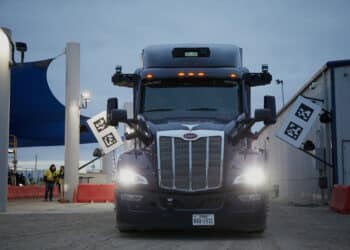Quebec government won’t rescue bankrupt bus maker Lion Electric
Quebec government has already lost $128 million on investments in Lion
Canadian electric bus and truck maker Lion Electric Co. is unlikely to survive as the Quebec government turned down an opportunity to put money into the firm along with local investors.
“We believed in Lion’s potential, but the recovery plan submitted did not justify the re-injection of significant government sums,” provincial Economy Minister Christine Frechette said in a post on X. “Unfortunately, it’s clear that providing Lion with additional funding would not be a responsible decision.”
The Quebec government had already lost C$177 million ($128 million) on investments in Lion and the Canadian government C$30 million. The company filed for creditor protection in December after it failed to repay some debts and couldn’t find a buyer for the business or its assets.
An investor group involving real estate magnate Vincent Chiara created a plan to try to revive the company, but at a much smaller scale. Under that plan, Lion would focus exclusively on building electric school buses at its plant in Saint-Jerome, Quebec, and stop producing commercial and tractor trucks.
Lion thrived during the electric vehicle boom, reaching a market capitalization of $4.2 billion in 2021 and growing to 1,400 employees the next year. Then the market for electric vehicles went through a tough period, and it became far more difficult for manufacturers to raise capital.
As demand waned, the company suffered from delays in subsidy and incentive programs in Canada and the US, supply chain disruptions and scaling challenges.
Out of 169 parties contacted as potential investors, more than 40 executed a non-disclosure agreement, according to a report released by Lion’s bankruptcy monitor in February. Quebec-based media La Presse reported that an unnamed US investment firm had been seriously interested in the asset, but the Quebec group was the most promising.
La Presse reported Wednesday evening that Lion is now likely to be sold in parts, meaning the end of the company. The expected shutdown may leave many bus owners in Canada and the US without maintenance services going forward. More than 2,200 Lion vehicles are on the road in North America.
In total, Lion owes more than $244 million to secured and non-secured creditors, according to a list provided by the monitor. National Bank of Canada, the largest, had lent $47 million. The Caisse de Depot et Placement du Quebec is also among the creditors.
Power Corp. of Canada, the company’s largest shareholder with a 34% stake, wrote down its C$81 million position to nil.
Lion has already shut down operations in Joliet, Illinois, and at a battery pack assembly plant in Mirabel, Quebec.
— By Mathieu Dion (Bloomberg)









